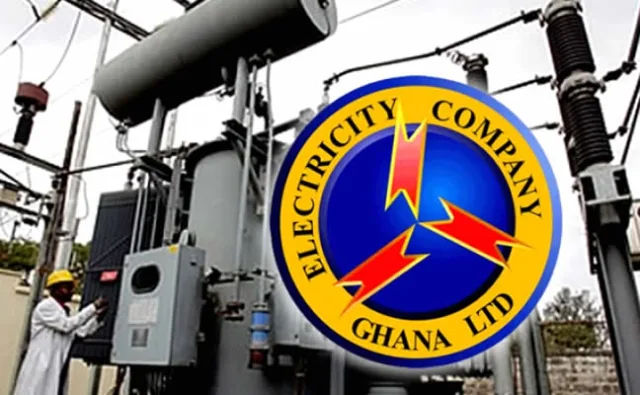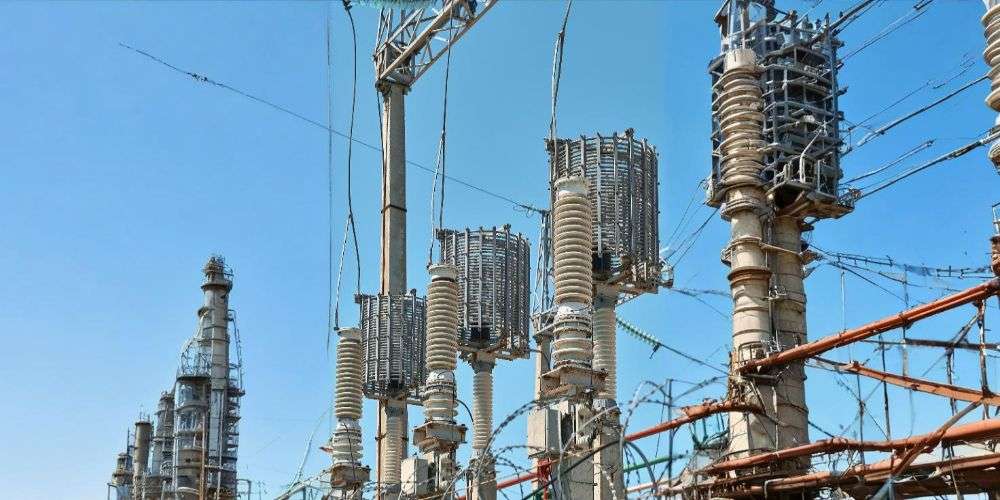The Africa Sustainable Energy Centre (ASEC) has sharply criticized the Government of Ghana’s recently approved GHS1 fuel levy, branding it a short-sighted and ineffective response to deeper structural problems within the country’s energy sector.
The organisation warned that the new tax, passed under the Energy Sector Levy (Amendment) Bill, 2025, will worsen the cost-of-living crisis while failing to deliver any meaningful reform to the power sector.
In a strongly worded press statement, ASEC’s Director of Research and Innovation, Dr. Elvis Twumasi, emphasized that the root causes of the sector’s financial woes lie not in insufficient revenue but in long-standing inefficiencies—especially within the Electricity Company of Ghana (ECG).
“The levy places the burden on ordinary Ghanaians instead of confronting the core dysfunctions in the system.
“Fuel drives every segment of our economy—from agriculture to transport to food distribution. Making it more expensive without first fixing inefficiencies is simply unsustainable.”
Dr. Elvis Twumasi, ASEC’s Director of Research and Innovation
The new levy adds to an already complex matrix of taxes on petroleum products, including the existing 20 pesewa Energy Sector Recovery Levy.

While the government says the additional GHS1 per litre will help plug a gaping US$3.1 billion debt hole in the energy sector, ASEC contends that it is the sector’s operational failures—not revenue shortages—that are responsible for the financial black hole.
According to ASEC, ECG continues to struggle with; “Outdated and overloaded infrastructure, Rampant power theft and illegal connections, Weak revenue collection systems, and High technical and commercial losses.”
“It’s not about how much we collect—it’s about how efficiently we operate.
“Before adding new taxes, we must ask: have we truly exhausted the value of existing funds? In most cases, the answer is no.”
Dr. Elvis Twumasi, ASEC’s Director of Research and Innovation
Transparency and Reform Over Quick Fixes

ASEC questioned the management and appropriation of energy-related taxes already in place, particularly the Energy Sector Recovery Levy.
The think tank highlighted a lack of transparency and accountability in the utilization of these funds, citing reports that they are often reallocated for unrelated infrastructure projects.
“Ghanaians deserve to know how these funds are used.
“Redirecting energy levies for non-energy uses weakens the public’s trust and defeats the purpose for which they were introduced.”
Dr. Elvis Twumasi, ASEC’s Director of Research and Innovation
Citing the Finance Minister’s own recent remarks that “we must not reward inefficiency with higher tariffs,” ASEC argued that the same principle should apply to taxation.
Without reforms, the group warned, any additional revenue will simply be absorbed by a leaking system.
Ghana’s energy sector is accumulating an estimated $70 million in liabilities every month. ASEC warned that without bold and decisive reforms, this debt will only continue to grow—threatening macroeconomic stability, scaring away private investment, and placing even greater pressure on future government budgets.
ASEC outlined a clear reform agenda it believes must precede any further taxation; “Full operational restructuring of ECG, Investment in smart metering and digital infrastructure, Stronger regulatory oversight, Elimination of technical and commercial losses, and Transparency and accountability in use of public energy funds.”
Call for Leadership, Not Levies

Dr. Twumasi urged the government to demonstrate leadership by targeting systemic reform, not just treating the symptoms of dysfunction with stop-gap levies.
“We may need to weed out the bad nuts in the system, or else all efforts of the government will be sabotaged.
“Ghana does not have a revenue problem—it has a governance and efficiency problem.”
Dr. Elvis Twumasi, ASEC’s Director of Research and Innovation
He called on civil society, industry stakeholders, and Parliament to resist measures that tax the public without addressing the deeper causes of Ghana’s energy crisis.
As economic pressure mounts and consumers continue to reel from fuel price volatility and electricity instability, the national debate is likely to intensify.
While the new levy may provide short-term fiscal relief, experts like ASEC argue that without structural fixes, it only postpones an inevitable reckoning.
READ ALSO: Governor Asiama Targets Lending Rate Below 10% Within Next 4 Years



















